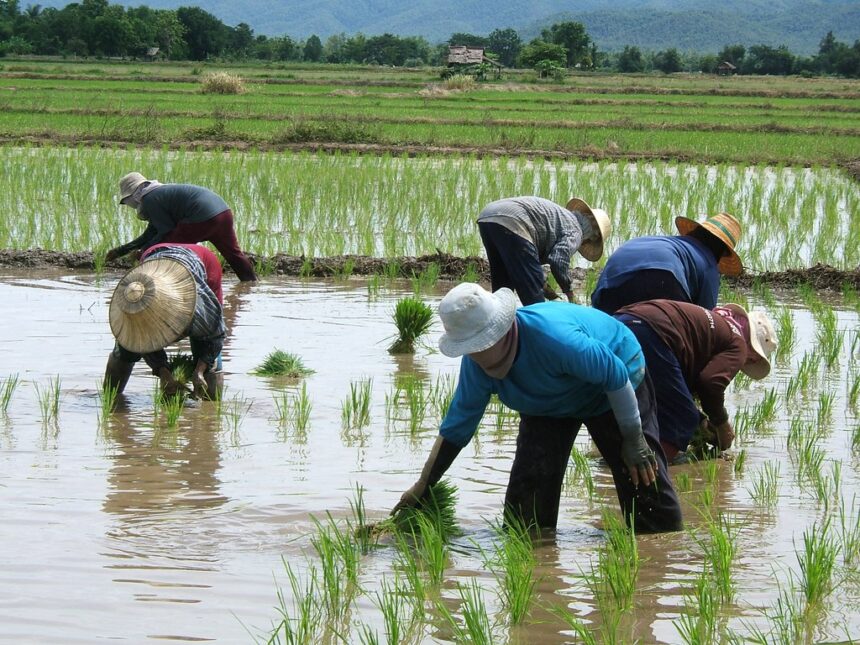A good rainy season is one that starts at the anticipated time, is well- distributed throughout the season, and ultimately rehydrates the soil, refills water sources and replenishes vegetation.
However, recent rainfall has been conspicuously erratic, causing concern for farmers.
In addition, rainfall often comes with adverse conditions – lightning strikes, floods, mud traps, pests and disease – which pose significant threats to the health and productivity of farms, livestock and crops.
These conditions also pose a significant threat to livestock health, nutrition and general well-being, compromising their productive performance and survival.
Farmers need strategies to mitigate these threats.
Pest outbreaks, like the recent armyworm and locust infestations, can devastate crops and livelihoods. Similarly, livestock diseases thrive in the wet environment. Footrot, a bacterial infection of the hoof, is common in damp conditions.
Prevention involves keeping animals out of wet areas, while treatment includes cleaning the wound, footbaths (e.g. with copper sulphate solution), and antibiotics (e.g. Disulfox, Terramycin etc.).
The moist environment also leads to a surge in tick populations, increasing the prevalence of tick-borne diseases like sweating sickness and gall sickness.
Sweating sickness affects young calves, causes fever, loss of appetite and other symptoms. Gall sickness is characterised by fever and anaemia. Both can be fatal if untreated.
Tick control is crucial, using readily- available anti-parasitic remedies like anti-parasitic pour-ons (such as Deadline, Eliminate, Delta-pour and many others) or dips.
Humans are also at risk from tick bites, as some ticks carry Crimean-Congo haemorrhagic fever, also known as the Congo fever virus. There have been reported cases of Congo fever in recent years, so caution is essential.
Every person on a farm or involved with handling animals should always take precautionary measures, and seek immediate assistance from health professionals for tick bites.
Lumpy skin disease (LSD) is another rainy season concern, with recent outbreaks in parts of the Otjozondjupa and Omaheke regions.
This viral disease, affecting cattle, is transmitted by insects like flies, ticks and mosquitoes, which proliferate in wet conditions. Animals congregating around water sources are particularly vulnerable.
Fortunately, an annual LSD vaccine is available and should be incorporated into farm health programmes, ideally administered before or at the start of the rainy season (between September and November).
LSD outbreaks can severely impact the farming economy due to quarantine measures, such as restrictions on cattle movement and marketing.
Maintaining a clean and safe farming environment is crucial for both humans and animals.
Farmers should closely monitor their livestock, and report any unusual conditions or behaviour to the nearest veterinary office or livestock health expert. Each rainy season is unique, presenting different challenges.
Therefore, farmers must adapt their management strategies to address the specific risks associated with each season’s onset, distribution and intensity of rainfall.
*Erastus Ngaruka is Agribank’s technical advisor on livestock and rangeland.


